Bali is over. No more stupid media photos of women sunbathing in bikinis on the beach. No more intense frustration at the U.S. for being the world's ignorant bully. Oh wait, we still have the follow-up negotiations in Poland and Denmark (Copenhagen 2009 or bust!).
Great quotes abounded:
"The U.S. is behaving like passengers in first class in a jumbo jet who believe that a catastrophe in economy class will not affect them," said Tony Juniper of Friends of the Earth International. He added: "If we go down, we go down together."Best quote of the day:
"We seek your leadership," Kevin Conrad [representative from Papua New Guinea] told the Americans. "But if for some reason you are not willing to lead, leave it to the rest of us. Please get out of the way."Unfortunately, the U.S. won -- specific numbers associated with reducing emissions were deleted from the final draft. At one point on Friday the entire convention actually booed the U.S. delegate!
China and India also rejected mandatory emissions reductions, but only for developing countries. They both claimed that a developing economy cannot survive such restrictions, and they would be willing to discuss reductions if the developed world were willing to provide technology upgrades, etc. While all this was going on, the U.S. and China made such an agreement -- so why they were still rejecting limits in Bali is a question that needs answering. Anyway, these demands were put in the Roadmap (meaning, the west has promised to provide technology and assistance to developing nations to reduce their emissions).
But the Bali Roadmap only asks developing nations to commit to "voluntary actions to slow emissions growth."
The good news is the Bali Roadmap commits the world to finalize negotiations on the details by 2009. Since Kyoto ends in 2012, this provides countries three years to actually start moving their governments and economies toward implementation. Final negotiations will include actual emissions limits (the U.S. argument in Bali was that it was too early to put a number on emissions -- that the follow-up negotiations were for that -- so they will still have to accept them at some point before 2009).
This article provides a very nice overview of what everyone expected and what they got. It is also written in a very easy language to understand.
Small island nations are still worried that the Adaption Fund will never be enough money. Frankly, they are right.
The deforestation part of the Bali Roadmap allows private companies to invest in forests to obtain, "credits from avoided deforestation [that] will be stored up in the same way as credits from renewable energy projects were under the Clean Development Mechanism, which created the global market in carbon." So finally, old growth forests are covered, in a very similar manner as new tree growth was covered in Kyoto.
Not part of Bali, but related: there was a very good article about how the world's coral reefs will be totally lost in the next 50 years due to the rising acidity of the ocean. Yes, this is due to climate change. And just to add to the plethora of doomsday stories out there in regards to climate change -- the Arctic ice caps are melting faster than anticipated:
"This means the ocean at the top of the world could be free or nearly free of summer ice by 2020, three decades sooner than the global panel's gloomiest forecast of 2050."Meantime, according to the U.N. Staffers Union, Sri Lanka "is among the worst and dangerous places for any aid workers to work." Great. And I don't receive hardship pay if anyone was wondering, so this new distinction will not benefit me in the least.
And, "Sri Lanka's shaky coalition government on Friday won parliamentary approval for the island's biggest ever war budget, despite a series of defections to the opposition." So no money to feed people, or prepare for various natural disasters, or educate the population, or enforce laws that would actually reduce carbon emissions, but lots and lots of money for guns. Times like this are when I really begin to question the benefit of foreign aid. Many of us here discuss this a lot... in other words, is our money basically just allowing this war to continue? Mull on that this holiday season. [That said, I don't believe we can just sit back and allow people to die from hunger and disease. So I'm not saying you shouldn't donate to Unicef, Red Cross and other very fine aid organizations.]
Because after all that we need a little hope, I offer you the option to change the world by changing your margins on printed paper. That's right people, we can end climate change* just by moving the print to .5 inches on each side of the paper. How is this possible, you may ask. Well, take a look at the facts (taken from Ideal Bite):
- If 10,000 people switch from the default settings to 0.5-in margins, in a year we'll preserve more than an acre of trees.
- The average office worker could save 475 sheets of paper per year by reducing their margins from the default setting of 1 in. to 0.50 in.
- An office of 100 will save about $500 on paper per year.

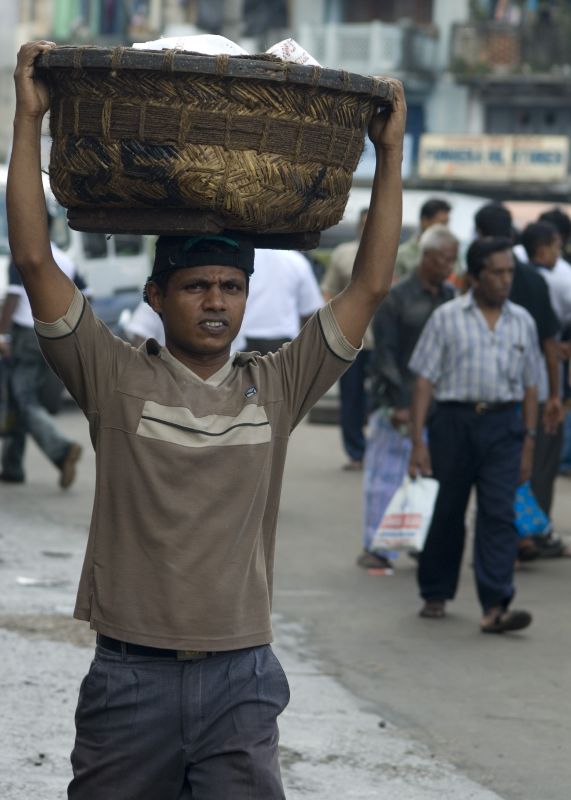















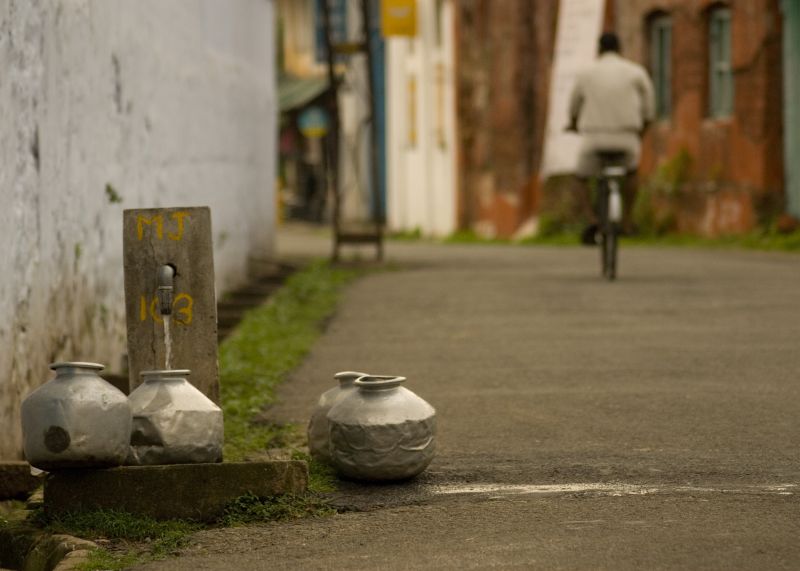










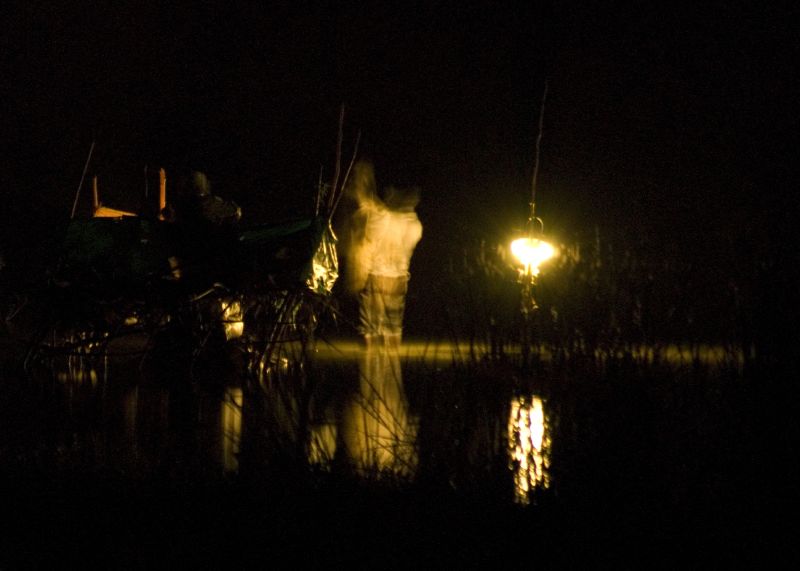






























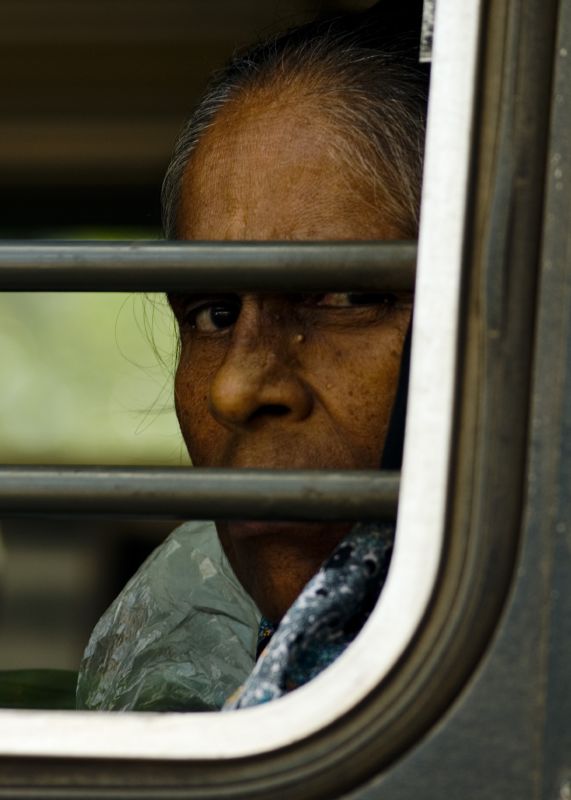














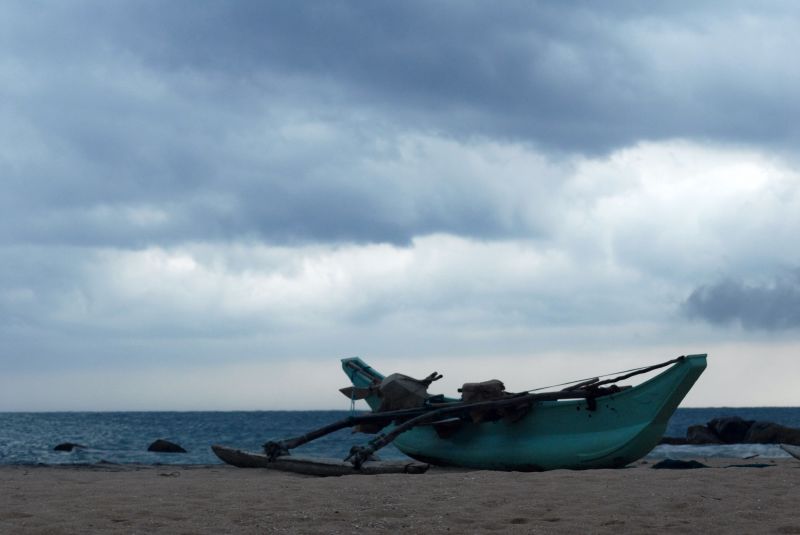








No comments:
Post a Comment